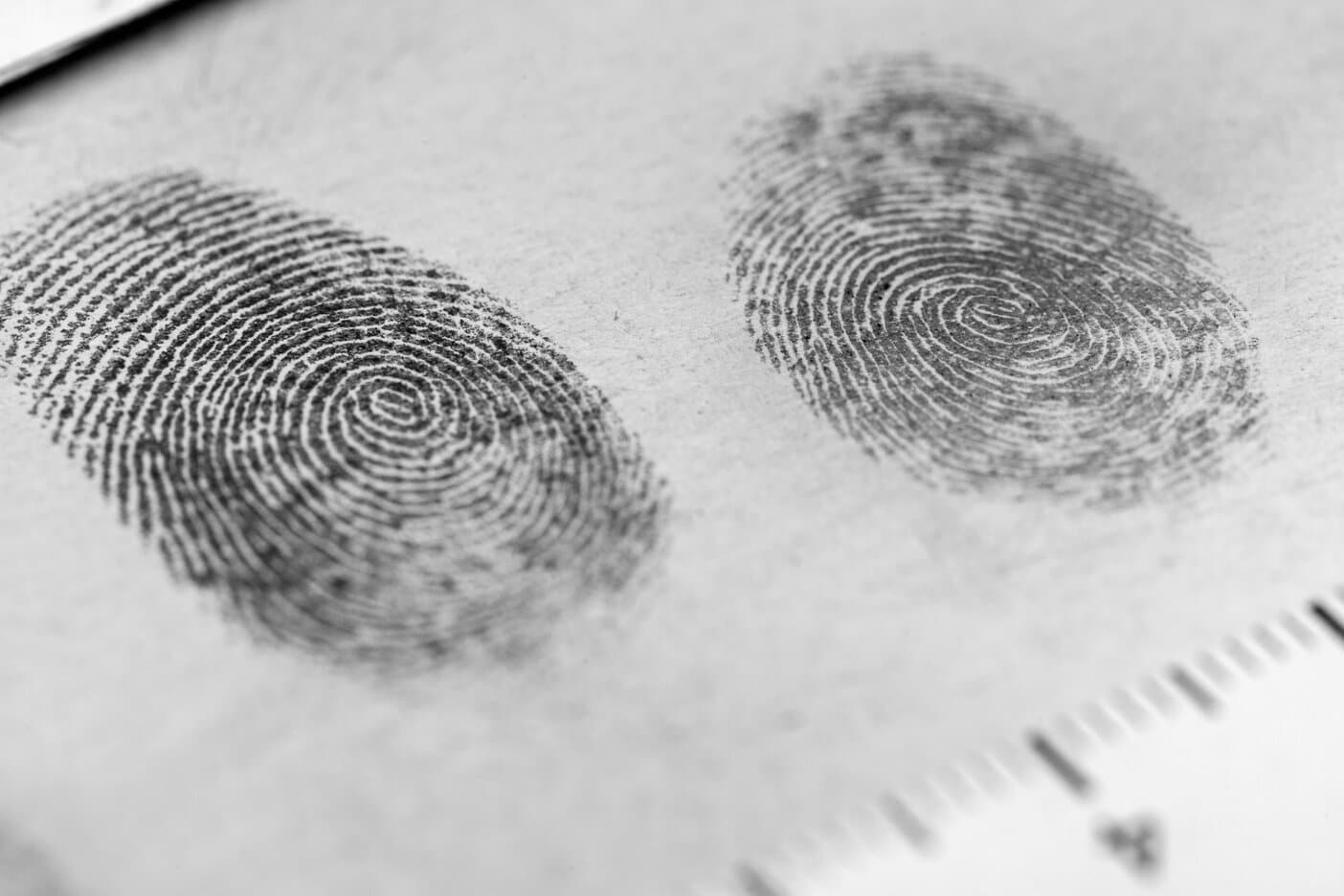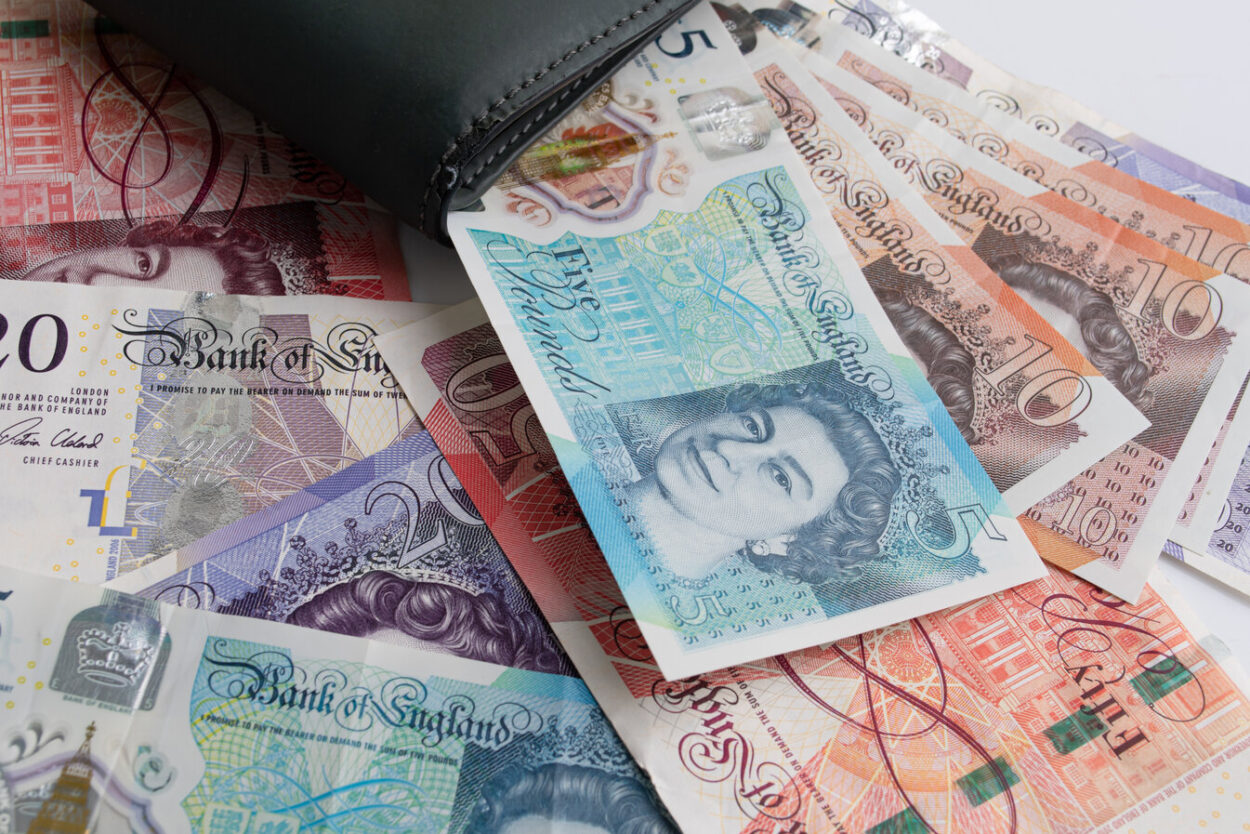Jasmine Birtles
Your money-making expert. Financial journalist, TV and radio personality.

A DBS check can be an important tool for employers and can affect whether you get a job or not. Not all jobs require one, but if you’re working with children or vulnerable people you’ll be required to get one.
We’ll help you understand what a DBS check is, when you might need to get one and how to get one if you need it.

Carried out by the Government’s Disclosure and Barring Service, DBS checks are a centralised way for employers to check your criminal record and help them decide whether you‘re suitable for the role and company. This includes deciding whether it is safe for you to work with children or vulnerable adults.
Previously, DBS checks were called Criminal Record Bureau (CRB) checks, so you may still hear or see them referred to as this. The DBS’ role is to help employers in England and Wales make recruitment decisions by issuing criminal record checks and to prevent people from working with vulnerable groups who may not be safe to do so.
DBS checks answer the question: “Do you have any criminal convictions, cautions, reprimands or final warnings?”. If you apply for a job that asks this question – and you don’t answer honestly – you could have your contract immediately terminated when they find out you hold previous unspent convictions or reprimands.
Generally, if you plan on working with or around children or vulnerable people you will need a DBS check. This might be in roles such as teaching, healthcare, social care, or law enforcement – but other types of role may apply. For example, if you’re working with sensitive financial data, a DBS check is required to make sure you have no convictions relating to fraud or similar crimes.
The DBS eligibility guidance list () covers most roles that are eligible for a check, but the guidance isn’t comprehensive. You should contact the DBS directly if you’re unsure.
Your prospective employer will tell you if a DBS check is needed for your role and, if so, what level of check is required.
If you’re the person being checked, you will need to complete a form and return it to your employer along with documents proving your identity like a passport, utility bill and current driving license.
You can find more information on what documents are accepted here.
There are four different levels of DBS check: basic, standard, enhanced, and enhanced with barred lists check. What’s included depends on the level of check.
You can find out more about the information being searched through on Gov.uk.
It’s worth noting that there are a few cautions and charges that, no matter how long ago they happened, could appear on a basic DBS check – namely, those involving vulnerable people (such as child abuse).
If you’re getting one through a potential employer, they will organise it for you. Some employers will ask you to pay for it (often deducting the cost from your first pay) while others cover the cost.
For self-employed individuals, getting a DBS check is difficult. That’s because you can’t apply as an individual. However, it’s not impossible!
You can find a local DBS umbrella body on the Gov.uk site here. One of these agencies will do it for you at a cost.
In Scotland, you can get a ‘basic disclosure’ with details of any unspent convictions from Disclosure Scotland.
You can also get checked through an organisation you belong to, like your church or a sports club. Some organisations may require you to take on a voluntary role to get a DBS check. You must be 16 or over to apply for a DBS check. Juvenile records – those prior to age 16 – are unlikely to appear on a DBS except in highly exceptional circumstances.
If you’re struggling to get one, a Subject Access Report is a good alternative. You can obtain one by filling out a form online or going to your local police station. The report costs £10 and shows anything on your permanent record. It takes around four weeks to process, but be careful as it is not always satisfactory for potential employers.
For example, a lot of councillors are technically self-employed but work with children via contracts with the NHS/Social Services. A basic check is ineffective for them as a safeguarding measure, so they need to have had a full enhanced check to do the work they do.

Prices range from £23 for a basic DBS check to £44 for a more detailed certificate. Most organisations will foot the bill for DBS checks on their new staff members. However, there is no law that states employers must do this, so some may ask you to pay for it yourself.
Self-employed individuals requiring a DBS check need to cover the cost themselves.
If you are likely to need repeated DBS checks over time, you can pay an extra £13 per year to register for the DBS scheme. This gives you access to the DBS website and allows you to log on and see your certificates, or allow employers to log in and see them, too. Any new employer can therefore see your DBS status almost immediately, and you can start work quicker.
There is no charge if a DBS check is required for a voluntary role.
Despite what many people think, you can’t pass or fail a DBS check. Rather than giving a result, it details aspects of the applicant’s criminal record history to allow the employer to make the safest recruitment decision.
The findings can affect whether or not you are hired, providing the convictions are relevant to the applicant’s job role and in line with the Rehabilitation of Offenders Act 1974. If you are applying to work with children or vulnerable adults, then your potential employer is also able to refuse employment based on spent convictions.
It is up to each organisation to make a recruitment decision based on what your DBS certificate presents. That said, the DBS Code of Practice states that it is a requirement to treat DBS applicants with a criminal record fairly and employers must not discriminate against them based on criminal activity that is not relevant to their role.
No.
The information that is likely to show up on a DBS certificate, like criminal records and fines, is not included in your credit history.
Lenders use credit reference agencies to share factual information with each other about the credit their customers have and how it’s repaid. Agencies combine these with information from public registers such as the electoral roll and court judgments to produce your credit report.
They will not, however, use criminal records as part of your credit report. You may have difficulties with your credit score if you have spent time in prison, or had legal debts following a conviction, but this is because of debt or ‘economic inactivity’ and is not discriminatory because of your convictions.
Finding a new job or starting your own business is a scary prospect. Try these articles next for reassuring inspiration!
